Organic Farming Principles & Practices
The natural balance of the environment is preserved and improved by organic farming. Organic farming, which also preserves soil fertility and fosters ecological harmony, consumers can produce food free of toxic substances. Commercial organic agriculture has a strict quality certification system, despite being a relatively new market-controlled, consumerconcentric agriculture system globally. Organic food is becoming more and more well liked in the region. India’s domestic market is expanding, which will lead to stronger growth. The advantages of organic farming are numerous, and they apply to developed and developing nations like India with environmental protection, biodiversity enhancement and reduced energy use. This book, organic farming principles and practices, will be very helpful for farmers who want to produce quality products and get better financial returns as well as students at the undergraduate and graduate levels who are taking competitive exams. In addition, this book will aid in the development of organic farming by teachers, scientists, and extension personnel. This book contains end to end details of organic farming with 17 chapters include overview, status, scope and importance, concept and principles, sources of plant nutrients, crop production, weed management, pest management, seed production, soil fertility, ITK, technologies, certification, schemes in India, marketing, extension approaches to promote organic farming and success stories. Each chapter is brief, latest and comprehensive fully fledged with respective to scientific and applied information. It is hoped that the book will serve a good guide and book source for those interested in organic farming.
Get it now and save 10%
BECOME A MEMBER

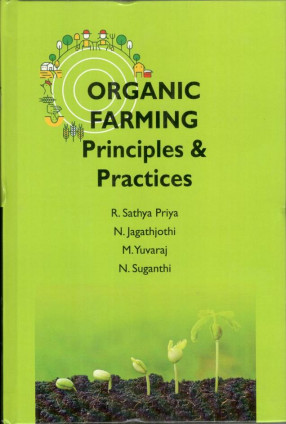


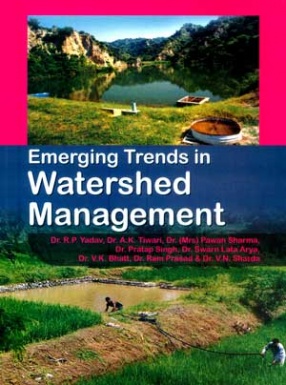

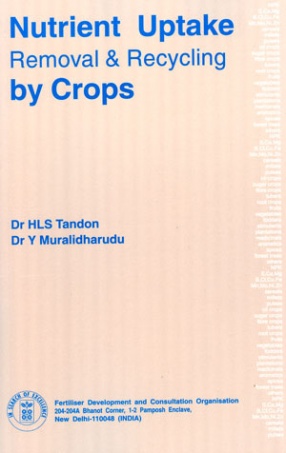
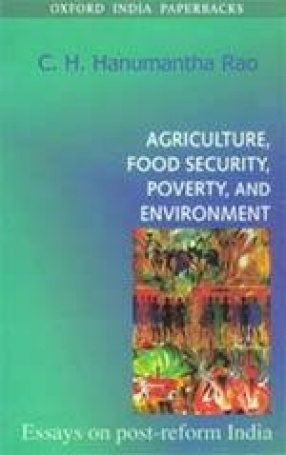

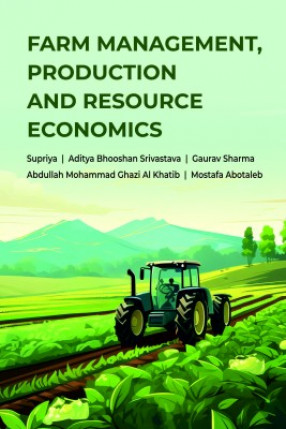

Bibliographic information
N Jagathjothi
M. Yuvaraj
Ors.